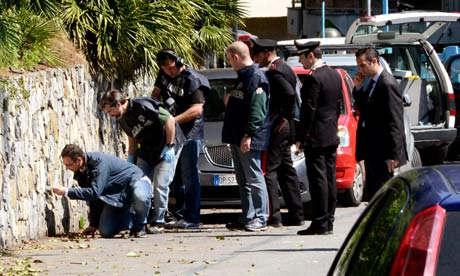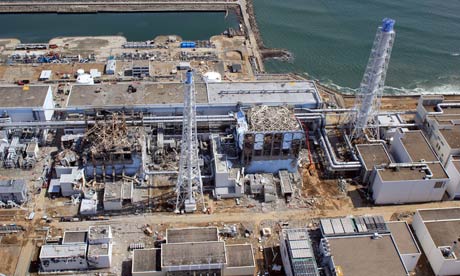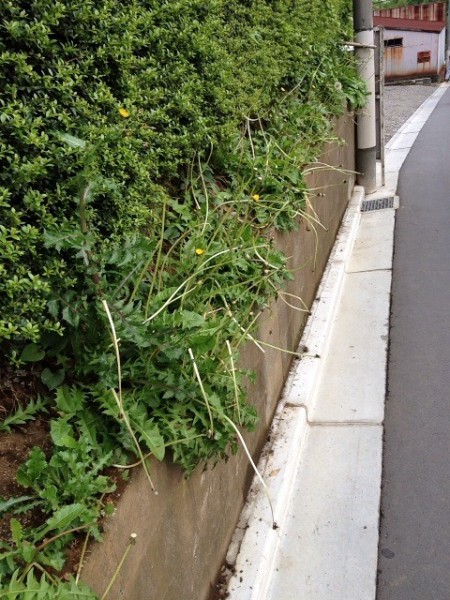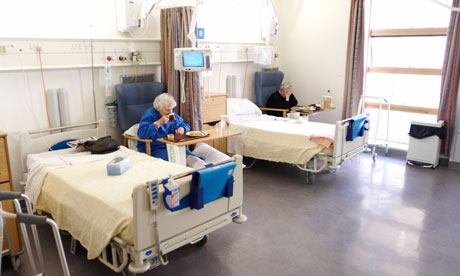The city as a whole may soon find itself under the same kind of supervision. As I photographed a public school that's up for sale, I spoke to a developer who is trying to get a "green project" built. I asked him whether or not an emergency manager would be good for the city. He shrugged and said he could only hope the governor would put smart a smart person in charge.
Things have been managed so badly for so long in Detroit that many find the idea of an emergency manager enticing. But the track records of emergency managers in Flint, Pontiac, Benton Harbor, and Ecorse have been controversial. Organizations such as Michigan Forward warn Detroit's citizens' not to hand over their city, arguing that services will get worse and people in the "99 percent" will have to pay more for them. The benefits, according to these groups, will be reaped by major corporations, at the expense of the poor and middle class. And once an emergency manager is in place, they argue, the entire political process will be put on hold -- there will be no votes, no city council, no way for citizens to make their voices heard
Could Detroit become the first major city in America to have all of its public services privatized? Signs are pointing in that direction. The question for those living on the precipice in the Metro Detroit area is whether to stay and turn things around or leave before they get worse.
To view the rules concerning eligibility for emergency managers in Michigan and a current list of cities deemed eligible, see this page at Michigan.gov.






















